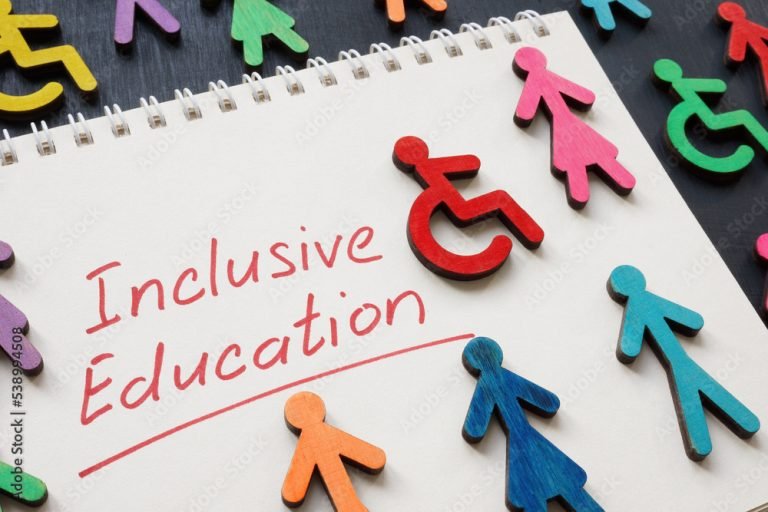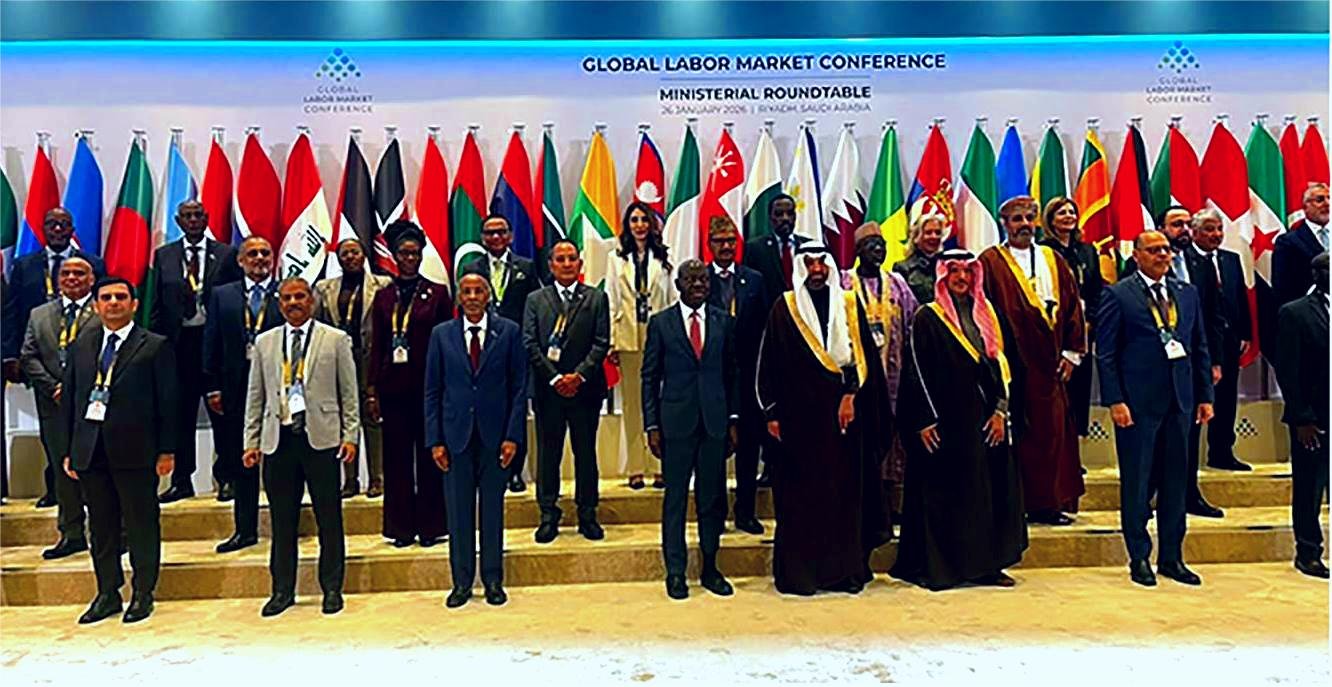The importance of developing an inclusive and quality education system tailored to the needs of underdeveloped countries. Discover the key elements necessary for fostering equitable opportunities, empowering communities, and driving sustainable development through education.
Education plays a vital role in the socio-economic development of nations, particularly in underdeveloped countries. Designing an education system that is inclusive, equitable, and responsive to the unique needs of these nations is essential for empowering individuals, reducing inequalities, and fostering sustainable progress.
In underdeveloped countries, an ideal education system should prioritize several key elements. Firstly, it should be inclusive, ensuring that all children, regardless of their socioeconomic background, gender, or abilities, have equal access to quality education. This requires addressing barriers such as poverty, gender discrimination, and disabilities, and creating a supportive learning environment that embraces diversity.
Secondly, an effective education system should emphasize quality education. This involves recruiting and training well-qualified teachers, developing relevant and engaging curriculum, providing necessary teaching resources, and implementing effective teaching methodologies. Quality education equips students with the knowledge, skills, and competencies they need to thrive in the modern world and contribute to their communities.
Thirdly, the education system should be community-centered, involving active participation and collaboration between schools, families, local communities, and relevant stakeholders. Engaging parents, community leaders, and local organizations in the educational process enhances the sense of ownership, ensures cultural relevance, and promotes community development through education.
To foster sustainable development, the education system should also prioritize skills development, entrepreneurship, and vocational training. Equipping students with practical skills and entrepreneurial mindset prepares them for employment opportunities, promotes innovation, and contributes to the overall economic growth of the nation.
Investing in an inclusive and quality education system is essential for underdeveloped countries to break the cycle of poverty, reduce inequalities, and empower individuals to lead meaningful lives. By prioritizing inclusive education, ensuring quality standards, engaging communities, and promoting skills development, underdeveloped countries can lay strong foundations for a brighter and more prosperous future for generations to come.










